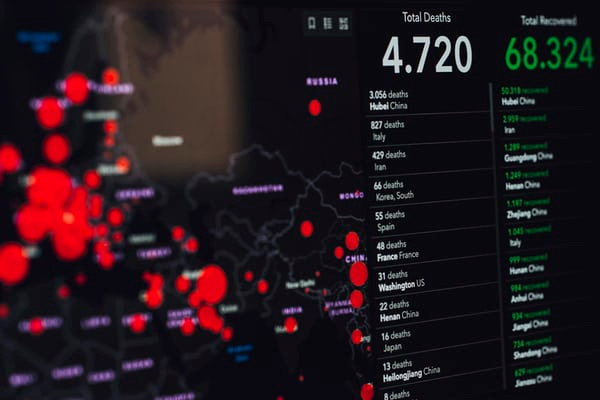Turkish Government face wildfire criticism
A poor response and inadequate preparation are the two main criticisms of the Turkish government as large-scale wildfires continue to burn along the country’s southern coast.
Thousands of people have been forced to flee the area and eight people are at the moment confirmed to have died. Extreme high temperatures, drought, and high winds have joined to create the emergency. People who had lost homes and livestock are angry with apparent government failings indlucindg the lack of a firefighting aircraft fleet and existing planes not being in a usable condition.
In the last Under Pressure newsletter we looked at the challenge of dealing with the climate crisis. However, this is a natural disaster that should be planned, prepared and tested for. It is a strong reminder that all forms of natural disasters should be considered by local and national government’s and institutions. There really are no excuses to not being ready for these things.
For communicators this means having crisis communication plans for such disasters that are ready to go, and with clear lines of communication to ensure preserving and protecting life are the top priority.
If you are concerned your plans may need to be reviewed, refreshed or developed get in touch amanda@amandacolemancomms.co.uk
Nordic-Baltic states and Covid comms
A report has been published by NATO’s Strategic Communication Centre of Excellence looking at the communication response to Covid-19 from the Nordic-Baltic countries. The report says “for three decades Denmark, Estonia, Finland, Iceland, Latvia, Lithuania, Norway, and Sweden had been building a common purpose. How would that friendship respond to the greatest health scare in a hundred years?” To find the conclusions check out the report here.
New Covid crisis comms book
A new book looking at communicating science during Covid-19 has been published. Dan O’Hair, professor in the College of Communication and Information and Mary John O’Hair, professor of educational leadership studies in the College of Education, have co-edited the book. It is a first volume in a series about science communication in a crisis. Published by Wiley-Blackwell it is available now. Read more here.
Media Covid-19 Complaints
The UK based Independent Press Standards Organisation (IPSO) has published details of recent complaints about reporting in relation to Covid-19. The details make interesting reading both for journalists and PR professionals alike. It is a reminder of the importance of accuracy by all involved in making, gathering and sharing news. Find out more here.
In Brief:
A report by Deloitte looking at an outage last year has said the European Central Bank (ECB) needs to improve its crisis management. The website Finextra reports: “Deloitte's report lists weaknesses in several areas, including business continuity management, fail-over and recovery testing, and communication protocols in crisis situations. In total, the review issued 18 detailed recommendations.” Read more here.
The August edition of the Testing Times crisis communication case study has been published. Find out about dealing with a crisis that people will not acknowledge. Click here to read.
Computer Weekly has outlined details of how organisations can ensure they are ready after a cyber attack. Interestingly number one is to embed a communication professional within the cyber response team. Read more here.
Diary dates:
The Emergency Services Show will take place on 7 and 8 September. Amanda Coleman will be running a seminar on 7 September at 13.45 - A light in the dark: Communicating well through a crisis. Find out more here.
On August 18 and 19, Amanda will be running a Crisis Communication Masterclass for Westco Academy. The two day course, running three hours each day, is a practical training experience. Find out more here.
Watch out for some new PRCA courses Amanda will be running in 2022. Dates are being finalised and details should be out soon.



